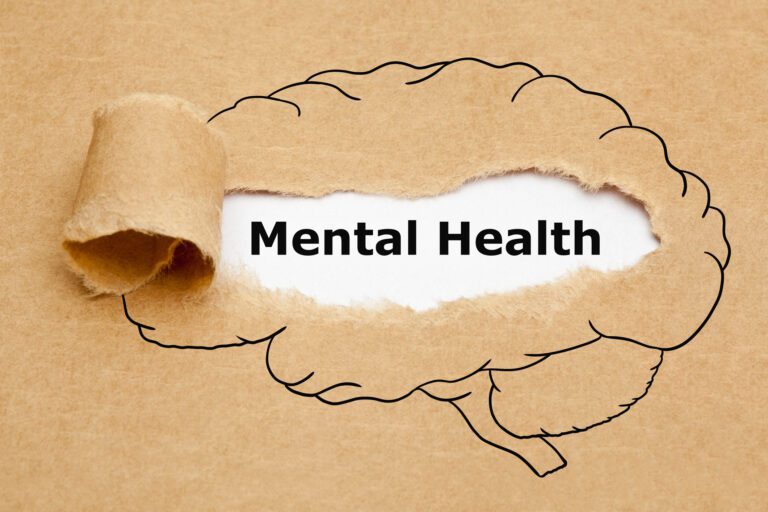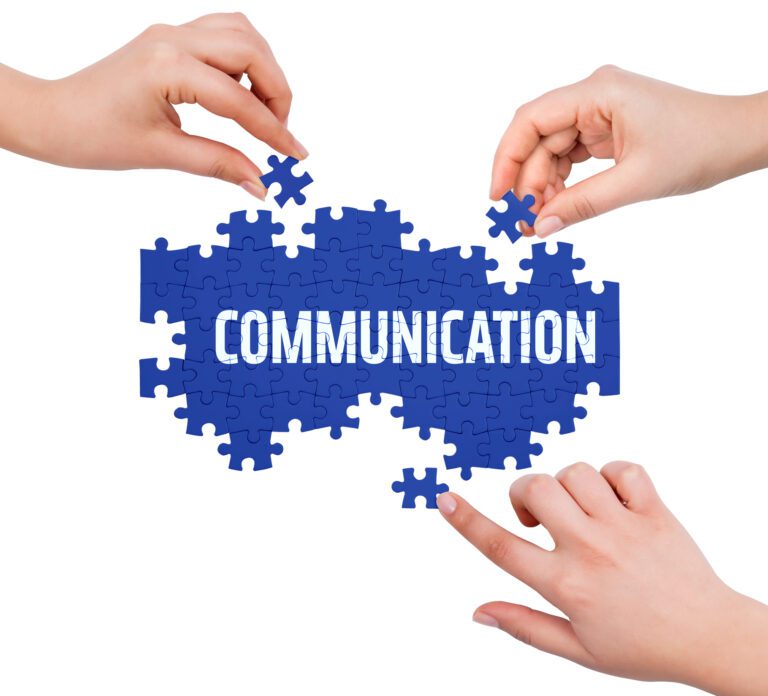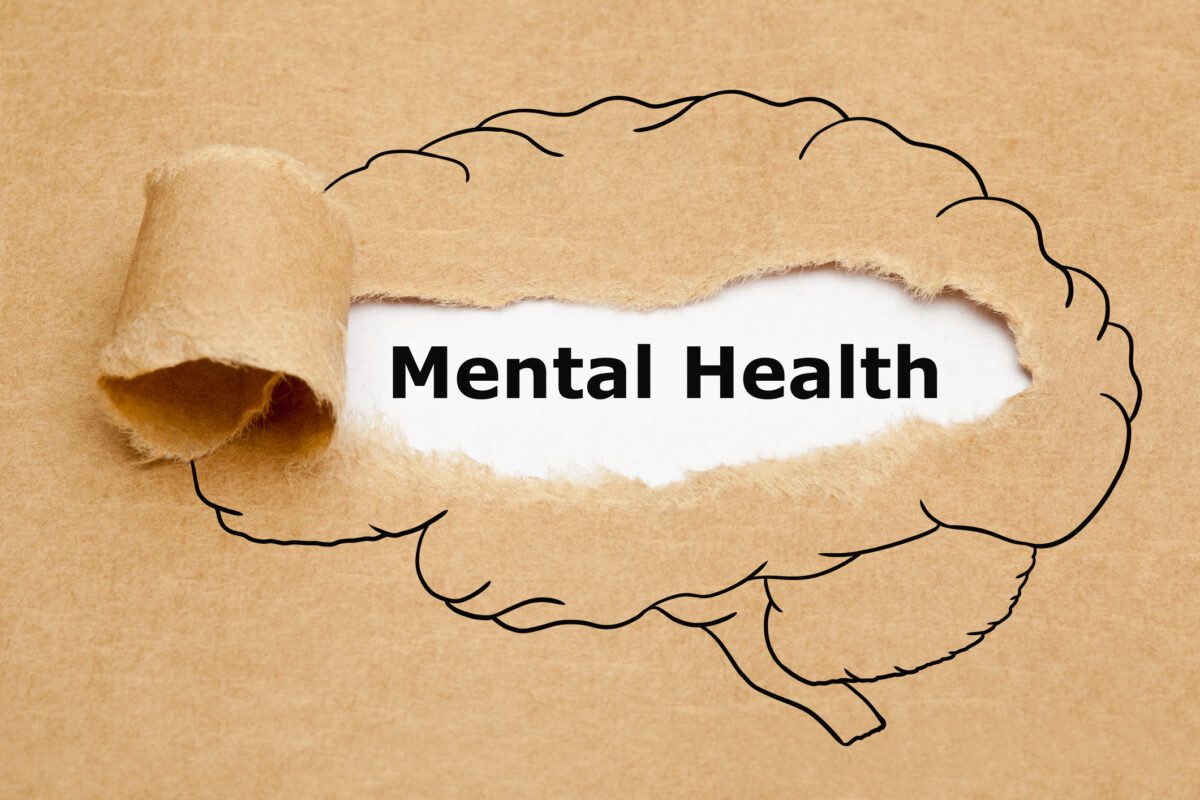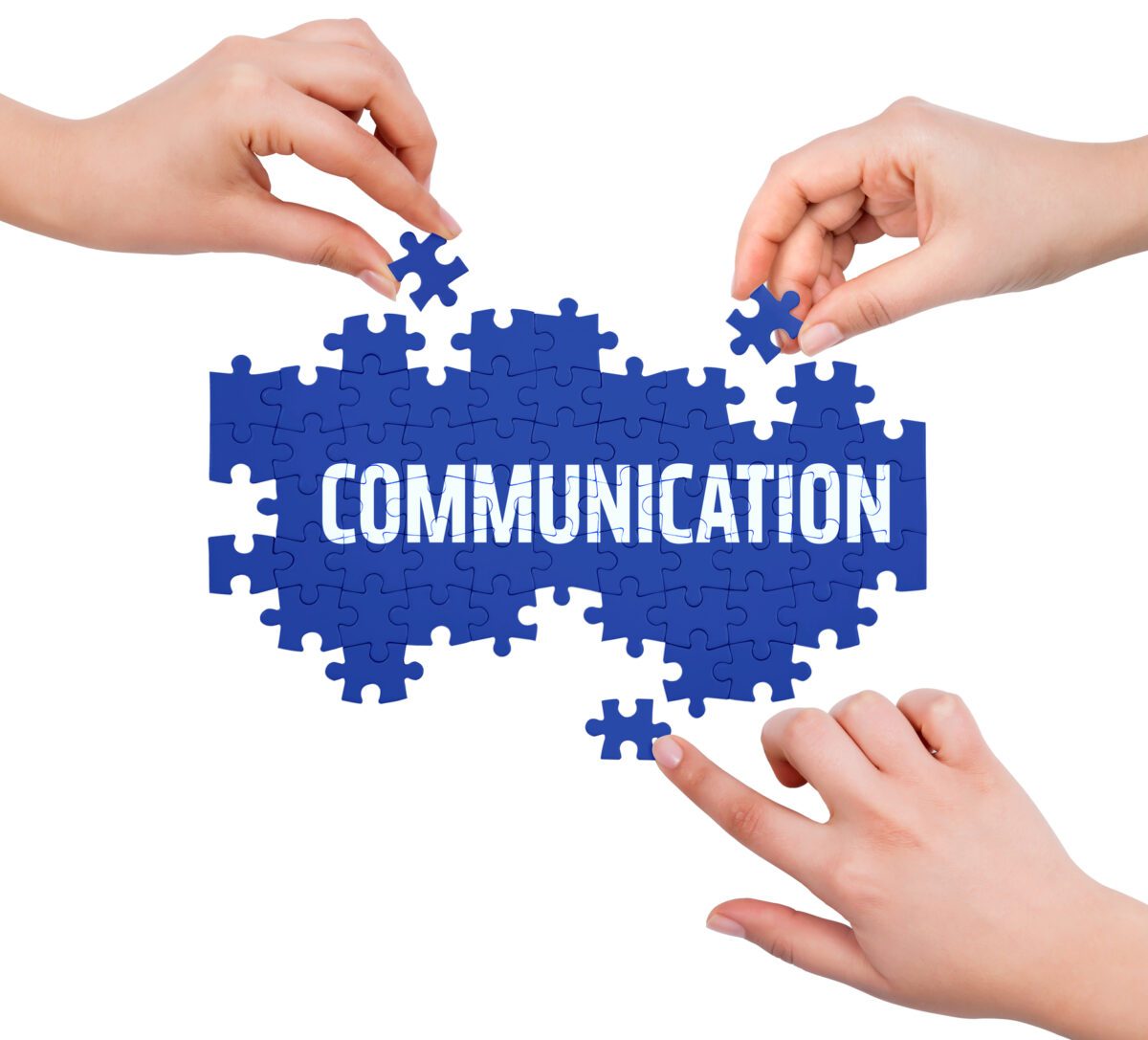Let your loved one know that you are available for support
Seek help from your own therapist in talking about how to become more emotionally available. We can always improve our parenting skills. We often reproduce in our relationships with others what we ourselves learned in childhood.
Avoid discussions or arguments over weight, food or eating
If you become concerned about eating disorder behaviors or physical complaints, please request a session with your loved one and his or her therapist and voice your concerns there.
Even comments said in a loving, positive way, just hearing “you look so much better” or “you look healthier” is an acknowledgement that you have noticed an increase in their weight, size or shape. While this may be a treatment goal, purposeful weight gain is an extremely difficult endeavor and counter-intuitive in our culture.
Model Health Behavior – Ditch Diets
It is hard for the individual dealing with an eating disorder to try to change thoughts about weight loss and appearance when significant others are reinforcing the importance of weight loss and thinness in their own life.
Do not use weight as a guide to a person’s recovery progress:
Only 6% of individuals diagnosed eating disorders are classified as “underweight.” A person’s weight will be restored or stabilized long before their disordered eating and mindset have been resolved. Just because your loved one “looks normal” and is “eating normal”, does not mean that they don’t struggle.
Do not discuss financial costs of treatment
Your loved one may already feel like a burden to the family of the expensive costs of treatment. Please contain that discussion for your own therapist, spouse, family, and avoid any discussion or complaining to the loved one about finances.
Look for ways to get insurance coverage or speak with your treatment team for tips on getting coverage and your rights under Parity law section 13007.














